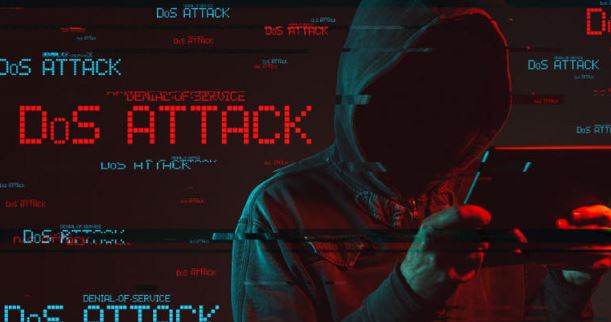Recent reports claim that some Russian hacking groups are deploying powerful attacks against President Vladimir Putin, mainly disrupting activities such as his phone calls with government officials and other heads of state. According to Reuters, one of these incidents occurred during the president’s annual briefing, an event in which the Russian government provides reports and answers questions from citizens in real time on a broadcast via public television.
While Putin was answering a phone call from the Kuzbass region, the news anchor was informed that the communication was being targeted by a powerful denial of service (DoS) attack. President Putin was incredulous, although the presenter confirmed the incident and attributed the attack to some hacking group based in Kuzbass.

As you may recall, a DoS attack consists of saturating a computer system or network, sending an unusually high amount of traffic and thus preventing legitimate users from accessing such services.
Although Vladimir Putin continued to question the news network’s findings, shortly afterwards the incident was also confirmed by Rostelecom, the leading internet and telecommunication services company in Russia. However, little is yet known about the actors responsible for the attack, their aims or their methods. Dmitry Peskov, a spokesman for the Russian government, pledged to implement an investigation into the incident.
Although Putin did not mention anything about other similar incidents, it is mentioned that the Russian government banned revealing any information about how social media platforms disobey the demands of Russian laws. The Russian leader has signaled his stance on social media on multiple occasions, considering it a pathway for the proliferation of criminal activities such as child pornography, drug trafficking, arms and other crimes.
In 2020, Russia threatened to block the activities of social media giants on its territory, including Twitter, Facebook and YouTube, arguing that these companies pose a threat to state media companies.
Other reports indicate that Russia has taken a much more proactive role in terms of cybersecurity threats, as this country has been constantly linked to devastating hacking incidents such as the one that occurred at SolarWinds. In this regard, Russian intelligence director Sergei Naryshkin has repeatedly denied such allegations, stating that Russia is totally against such practices.
To learn more about information security risks, malware variants, vulnerabilities and information technologies, feel free to access the International Institute of Cyber Security (IICS) websites.
He is a cyber security and malware researcher. He studied Computer Science and started working as a cyber security analyst in 2006. He is actively working as an cyber security investigator. He also worked for different security companies. His everyday job includes researching about new cyber security incidents. Also he has deep level of knowledge in enterprise security implementation.
